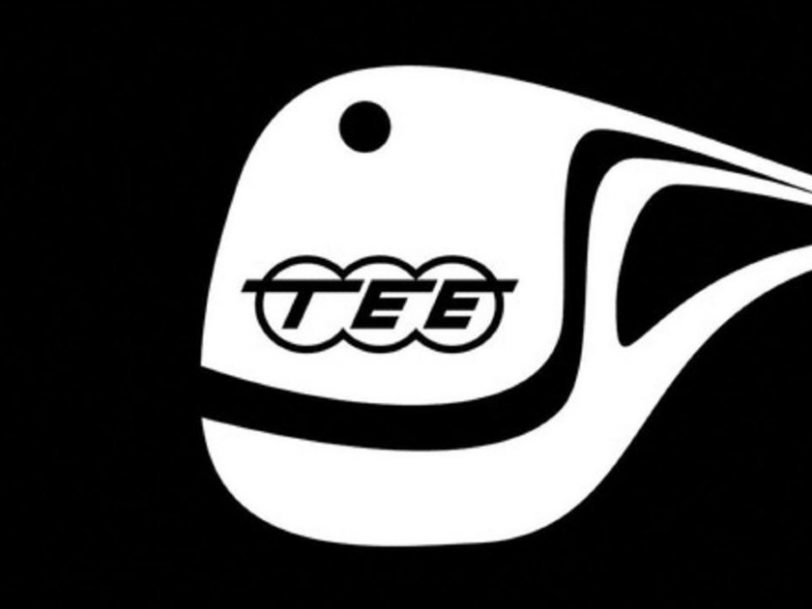With the seeds of punk rock sprouting on the streets of London and New York City, there was a radical hunger for something new in the late 70s. Like many of their generation, Kraftwerk were poised to join that revolution, aided by their wholly original embrace of synth-based tone poetry and stark electronic beats. Their sixth album, Trans-Europe Express, was released in March 1977 and continued the band’s mission to send pop music down a completely different track.
Listen to ‘Trans-Europe Express’ here.
With their own take on the punk movement’s “Year Zero” mentality, the German group set out to completely replace traditional instrumentation with machine-based music, and revisited the transport-related themes of their fourth album, Autobahn. This time, however, instead of focusing on cars, Ralf Hütter, Florian Schneider, Karl Bartos and Wolfgang Flür steamed ahead with a concept inspired by Europe’s iconic railway service. Trundling further into the uncharted reaches of electro-pop, Kraftwerk would yet again take listeners us on an unforgettable musical journey.
“Bowie used to tell everyone that we were his favourite group”
Recorded at the band’s very own Kling Klang studios, in Düsseldorf, West Germany, Trans-Europe Express built on Kraftwerk’s stellar reputation as sonic visionaries. So inspiring was 1974’s Autobahn that David Bowie had relocated to Berlin’s Hansa Tonstudio in order to finish work on Low and record the entirety of “Heroes” with producers Tony Visconti and Brian Eno, citing the band as an important influence. “Bowie used to tell everyone that we were his favourite group,” Ralf Hütter told Mojo in 2005.
In fact, while they were making Trans-Europe Express, Bowie even paid Kraftwerk a visit, driving to Düsseldorf in his Mercedes while listening to a cassette of Autobahn. Though praising the group for how brilliantly they had painted a vivid sonic picture of the German expressway, Bowie had little idea how Kraftwerk’s new album would expand upon these themes, looking well beyond the Rhineland to create a utopian vision of Europe as a whole.




